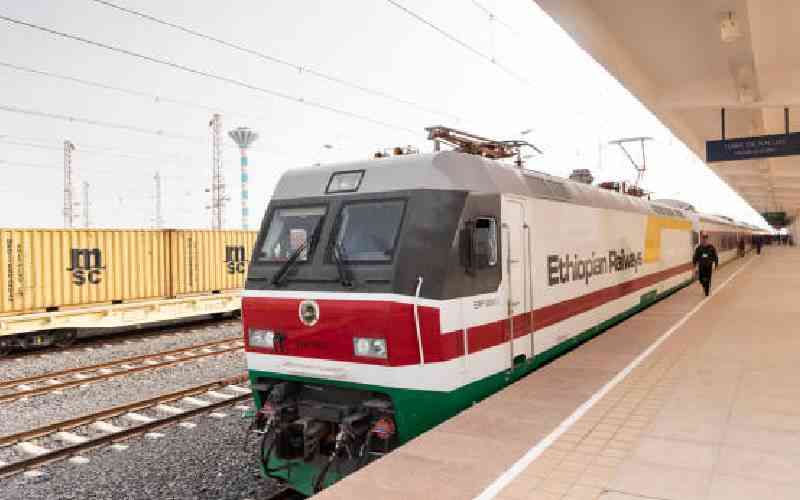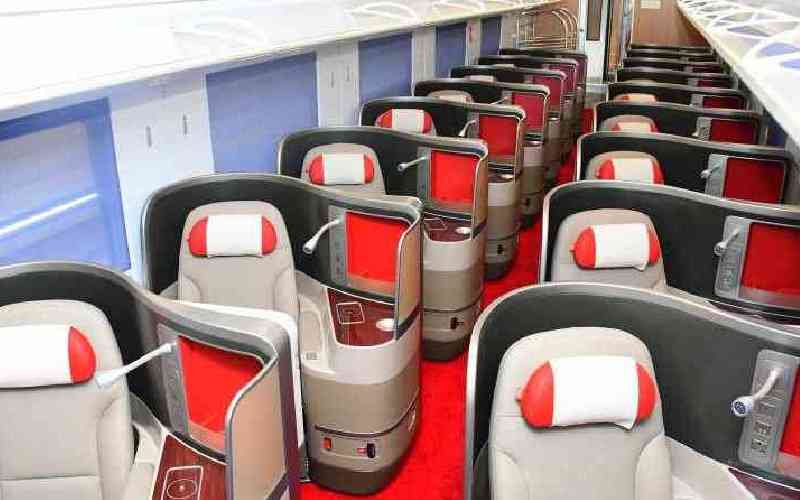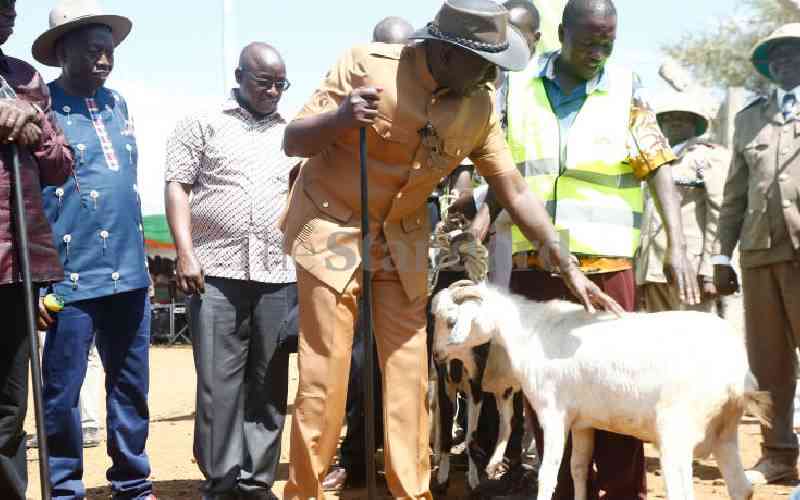Modern railways have moved a long way from the slow, noisy, polluting and poor safety record of their predecessors to offer speed, comfort, convenience and enhanced safety. This is largely driven by the incorporation of many modern innovations into the infrastructure, rolling stock and operations comprising advanced computing onboard and trackside, high-speed communications, energy-efficient traction systems, and new track materials.
These evolutionary changes have rendered railways a highly attractive mode of transportation in today’s world, and which calls for world-class safety standards. There is no denying that railway safety is of great importance - the safety of passengers, employees working on the trains, stations, and tracks, the users of level crossings and the residents in the vicinity of the railway.
Railway safety has always attracted a great deal of political and social interest. Railway safety is not an issue solely for the authorities; it is addressed in co-operation with the various stakeholders, each on the basis of their specific role and responsibility.
For this reason, the railway sector, the government, other authorities and organisations affiliated with the railways have long appreciated the need for structural attention to the improvements in railway safety.
In Kenya, Africa Star Railway Operation Company (Afristar), has just marked 1,000 Standard Gauge Railway (SGR) safety days. That this is a key milestone in SGR operations cannot be gainsaid. For starters, Afristar had operated Kenya’s SGR safely for 1,000 days as at February 24, 2020.
The company has inculcated a railway safety culture among staff through evaluation of employee adherence to safety regulations and procedures, performance appraisals, bonuses and promotions based on performance appraisal results and rewarding safety champions quarterly and annually.
So far, 10 employees have been recognised as safety champions and another 27 awarded certificates for emerging winners in the Afristar Technical Skills competitions among SGR staff members. Safety culture can generally be described as ‘what the organisation does’ with respect to safety.
It encompasses the values, beliefs, and attitudes held within the organisation that guides the way people behave in the workplace. While a direct link between culture and safety can be difficult to demonstrate, it is reasonable to expect that negative safety culture can lead to practices that increase the risk of accidents. Indeed, weak safety culture has been implicated in several serious organisational accidents worldwide.
As part of its commitment to safety, Afristar had by December 31, 2019 implemented 267 policies, rules and regulations. To ensure passengers are sensitised on fostering a safety culture while onboard the trains, safety notices have been put inside the trains and the train crew ensure passengers are not in harm’s way.
Inevitably, staff and passengers have been enlightened to take precautions in order to avoid risks such as falls within the stations or incidents when boarding/alighting from the train at the platform. Additionally, passengers are advised to avoid running in and around the station, take care when using escalators and stand behind the yellow line until the train comes to a stop. To monitor compliance of train safety features, Afristar has created a department run by railway safety specialists who are responsible for safety supervision and inspection.
269 times
As of February 24, 2020, they had inspected the entire SGR operations network 269 times. And in order to avoid safety-related mishaps during operations, safety rules, regulations, and plans are written and communicated in both English and Chinese. The company focuses on all aspects of SGR safety, including safety of passengers and freight trains on transit, occupational safety as well as safety of communities and wildlife along the SGR line. A point of great significance is the fact that train dispatchers play a critical supervisory role in the safety and efficiency of SGR operations.
They are mainly responsible for managing track use, route and train control, and issuing commands, traffic flow control, conflict solving and time graph monitoring.
Effective risk control is essential to achieving Afristar’s mission of providing safe, efficient, customer-focused railway services. In 2019, the company found 188 standard risks and five serious risks. As a result, 193 risk control and prevention measures and methods were created and implemented.
Ultimately, everyone expects to be safe as they go about their day-to-day activities or when aboard the trains. Additionally, they expect those responsible for managing safety to have carried out their duties to the fullest. This is certainly applicable within the rail industry and this public expectation of safety is reflected in Afristar’s rules and regulations around safety.
Stay informed. Subscribe to our newsletter
The author is a Communications Advisor for Afristar
 The Standard Group Plc is a
multi-media organization with investments in media platforms spanning newspaper
print operations, television, radio broadcasting, digital and online services. The
Standard Group is recognized as a leading multi-media house in Kenya with a key
influence in matters of national and international interest.
The Standard Group Plc is a
multi-media organization with investments in media platforms spanning newspaper
print operations, television, radio broadcasting, digital and online services. The
Standard Group is recognized as a leading multi-media house in Kenya with a key
influence in matters of national and international interest.
 The Standard Group Plc is a
multi-media organization with investments in media platforms spanning newspaper
print operations, television, radio broadcasting, digital and online services. The
Standard Group is recognized as a leading multi-media house in Kenya with a key
influence in matters of national and international interest.
The Standard Group Plc is a
multi-media organization with investments in media platforms spanning newspaper
print operations, television, radio broadcasting, digital and online services. The
Standard Group is recognized as a leading multi-media house in Kenya with a key
influence in matters of national and international interest.








